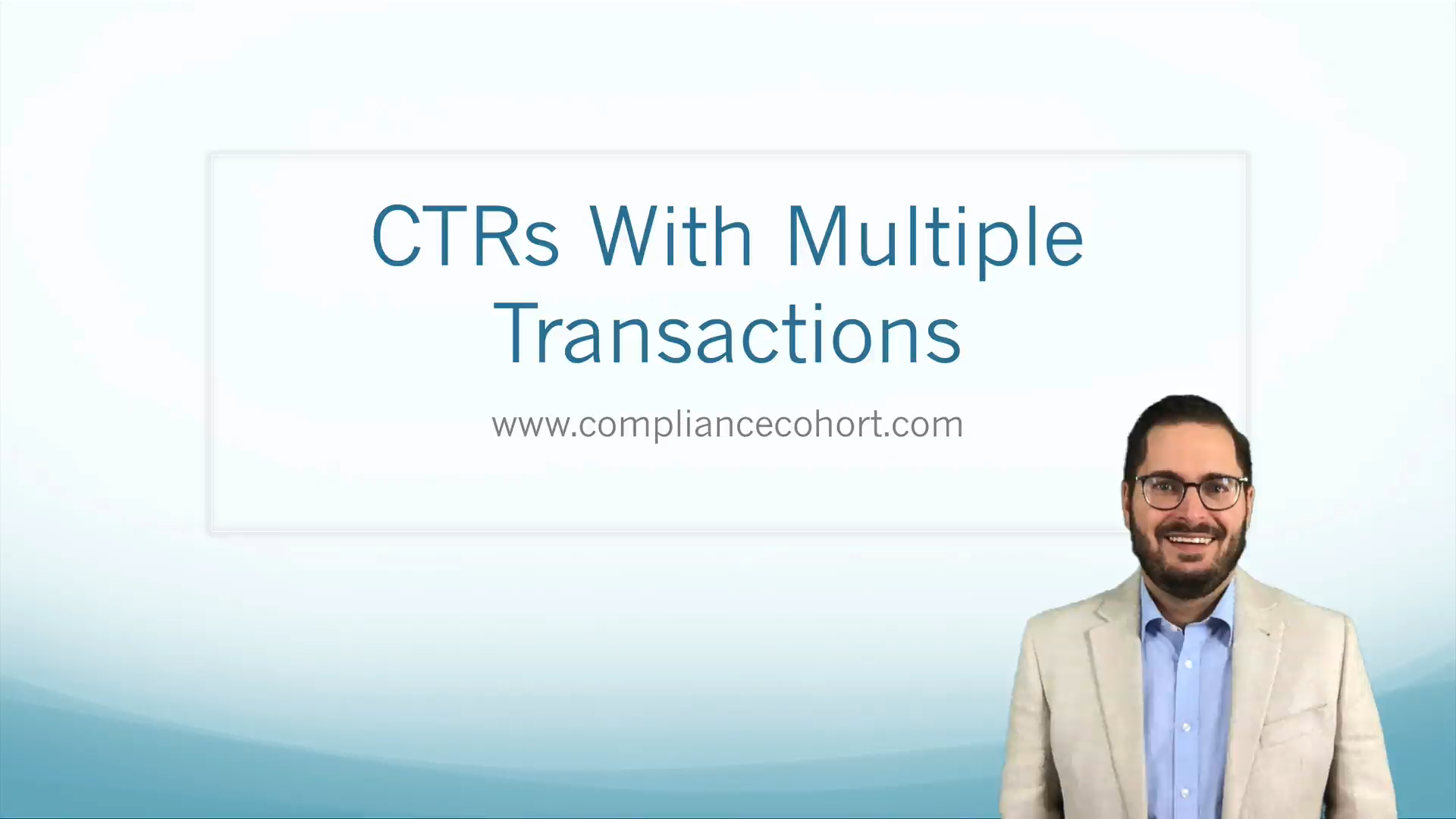On January 24, 2020, the CFPB issued a sixteen page policy statement providing a common-sense framework on how it intends to apply the "abusiveness" standard in supervision and enforcement matters. While this guidance helps financial institutions to understand how the CFPB intends to enforce “abusive” acts or practices, it still leaves a void as to what acts or practices would be considered “abusive.”
As a background, the Dodd-Frank Act introduced a prohibition of "abusive" acts or practices in connection with the provision of consumer financial products or services. However, nearly a decade after the Act became law, uncertainty remains as to the scope and meaning of abusiveness. This uncertainty creates challenges for covered persons in complying with the law and may impede or deter the provision of otherwise lawful financial products or services that could be beneficial to consumers.
Through their policy statement, the Bureau provides us with clarification on how it intends to apply abusiveness in order to promote compliance and certainty. Effective at the time of publication of the statement, the Bureau intends to apply the following principles during supervision and enforcement work by:
Focusing on citing or challenging conduct as abusive in supervision and enforcement matters only when the harm to consumers outweighs the benefit
Generally avoiding "dual pleading" of abusiveness and unfairness or deception violations arising from all or nearly all the same facts, and alleging "stand alone" abusiveness violations that demonstrate clearly the nexus between cited facts and the Bureau’s legal analysis
Seeking monetary relief for abusiveness only when there has been a lack of a good-faith effort to comply with the law, except the Bureau will continue to seek restitution for injured consumers regardless of whether a company acted in good faith or bad faith
In the policy statement, the Bureau leaves open the possibility of engaging in a future rulemaking to further define the abusiveness standard.
The CFPB statement on “abusive” acts or practices can be found here.

